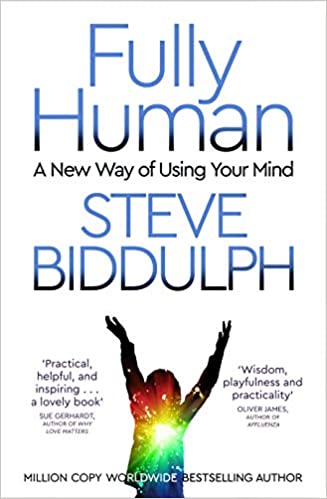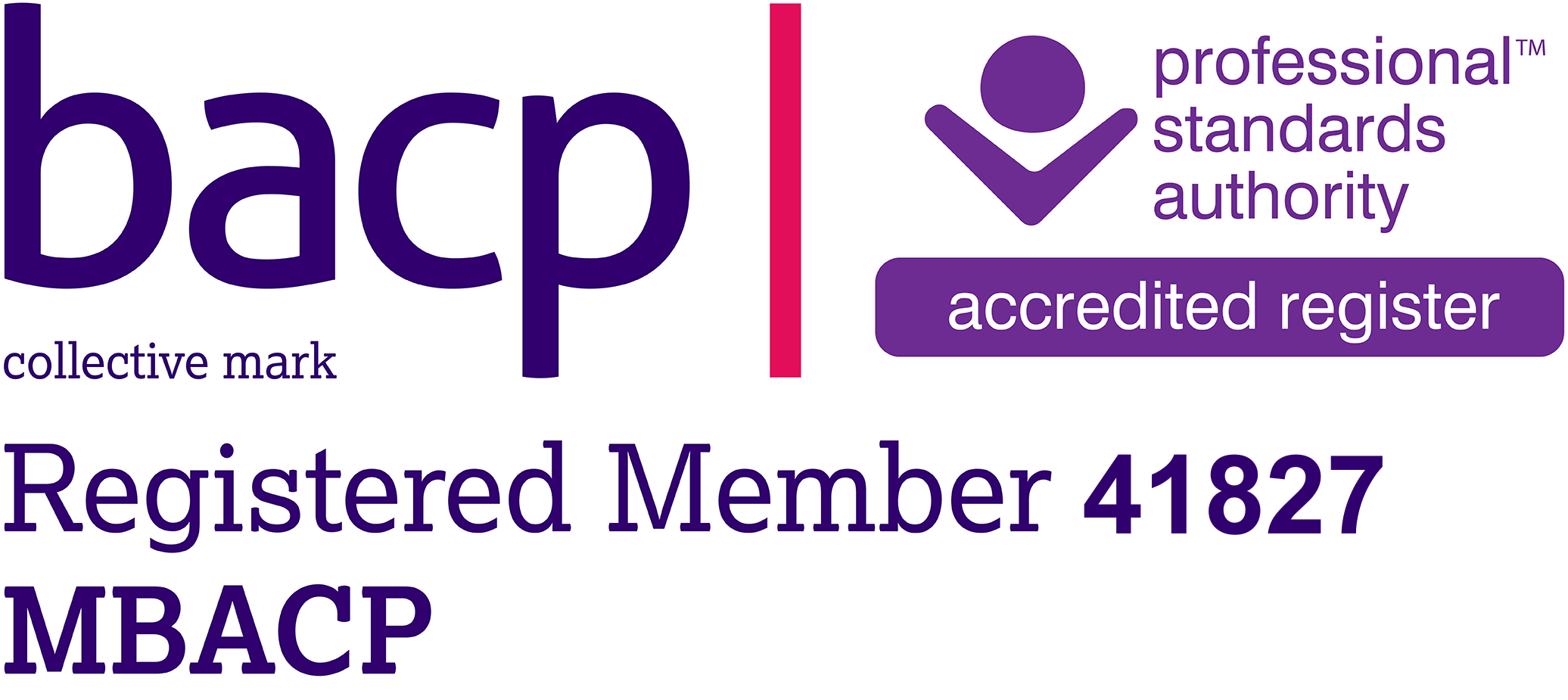
How long is a session?
About 50 minutes (including email, even though it works a bit differently from the others) unless otherwise agreed.
How often do we need to meet?
Usually we will meet at the same time each week especially at first, as we are getting to know each other, but I’m open to fortnightly, less frequent or more flexible arrangements, too.
How many sessions will I need?
Regular reviews will be a part of our process so that we discuss how we are doing in terms of addressing the issues that brought you here. Sometimes I contract with clients for a specific number of sessions but usually, as a minimum, we look at how we are doing around session six, and then periodically after that.
Most clients find they need at least six sessions. Very occasionally, with a one-off or straightforward issue, we can do what’s needed in three or four sessions, but that is unusual. With most of my clients, we review how we’re doing on or around the sixth session and agree what’s been addressed and what else we need to cover. We’ll usually both sense when our work is done (for now, at least) and we should be coming to an end.
Endings are an important part of this work so it’s helpful for us both if you let me know if you plan to end our work earlier than previously expected so that we can plan for it together.
Some clients come back again later on if other issues arise or they feel in need of a ‘top-up’ – for another series of sessions, or maybe just a one-off. In which case, because we know each other already, we can usually ‘hit the ground running’.
How will we communicate between sessions?
This will usually be by email or text concerning matters such as cancelling or rearranging appointments – we will agree what works best.
There may occasionally be other information you want to send me which can be sent via encrypted email or password protected document with the password texted to me separately.
How quickly can I expect you to respond to my calls, emails or messages?
My availability for 1:1 appointments is usually Monday-Thursday 9am-8pm. I don’t book appointments on Fridays or at weekends and I take most Saturdays, and all Sundays and Bank Holidays, as days off.
If I am delivering training, travelling, facilitating a meeting, in session with another client, taking a break or on leave, then I might not be able to respond straight away to a call or a message, so I would appreciate your patience – but I will usually respond by the next working day.
If we are currently working together, I will have made you aware of any lengthy absences coming up.
If you need to cancel an appointment, are suddenly taken ill or indisposed in some other way and unable to make our next session or respond to my messages, how will I know?
If I’m in a position to contact you myself, I will. If not, then I have an arrangement with a colleague who will contact you instead.
I will endeavour to be in touch well ahead of your next session but, of course, it is not outside the realm of possibility that the timing of whatever has happened might not make this possible.
What if I have to cancel an appointment?
We will cover this in our contract. Usually if you give me more than 24 hours’ notice there will be no charge but less than this means you will be liable to pay the full session fee.
Do you offer evening or weekend appointments?
My appointment times are between 9am and 8pm Monday – Thursday. I only see clients outside of these times in exceptional circumstances.
How do you deal with confidentiality?
We will cover this when we complete our contract for working together. Confidentiality is a cornerstone of our relationship and, in accordance with the Data Protection Act, I take appropriate measures to keep your information and our session content protected.
I will only break confidentiality in circumstances where I am concerned about your safety or the safety of others – or where I am legally compelled to do so. Wherever possible however, even in these situations, I would discuss it with you first.
Respecting confidentiality applies your end, too – such as whether you can be overheard if we are working on the phone or video or how we each store chat transcripts or emails – and I ask that you do not share our content on social media or in professional forums.
What happens if we meet elsewhere … ?
If we work together face-to-face or on video I will know what you look like so I am likely to recognise you if we meet elsewhere. However, I won’t acknowledge you unless you acknowledge me first. This isn’t me being rude, I am respecting the confidentiality of our relationship and I wouldn’t want to intrude upon your time outside of our sessions or put you in a position of having to explain who I am to anyone else who might be with you.
This confidentiality also applies if, on meeting you face-to-face I discover that you are, or have been, a client I have worked with via phone, VoIP, chat or email.
Do you use social media?
To maintain confidentiality for readers who may also be current, prospective or previous clients I don’t invite likes or comments on my website or blog. I’m not on Facebook or Twitter but I am on LinkedIn and Instagram.
I won’t knowingly invite 1:1 coaching or counselling clients to connect with me or respond to requests to connect on LinkedIn whilst they are my clients unless we have discussed this specifically and agree that there is a particular reason to do so. Ours is a special type of relationship which is not the same as being friends or colleagues.
Current or previous clients are, however, welcome to follow my blog or my Instagram account if they find these useful.
I might accept a request to connect from a previous client on LinkedIn, as this is a professional network rather than a personal one, but only once we have fully ended our work together and a suitable period of time has passed. And, as with face-to-face meetings, I would respect the confidentiality of the work we would have done together.
Will you Google me?
I appreciate that prospective clients are likely to ‘Google’ me but I make it my policy not to Google my clients unless you ask me to do so, in which case we will discuss this first. I prefer you to tell me what you want me to know and whatever you think is relevant to the work we do together.
Do I have to stick to the medium I start off with?
Usually we’ll stick to one way of working (face-to-face, video, phone or VoIP, chat or email) but we can switch if you find that what we’re doing doesn’t suit you or your circumstances change. Similarly, if circumstances dictate a need for flexibility in order to make our sessions possible – for example if you’re travelling with work – we’ll negotiate the best way of doing this.
What happens if technology breaks down during an online session?
We will agree a back-up plan when we start working together which will usually involve exchanging mobile or other phone numbers so that we can speak to complete, end or reschedule our session.
How does payment work?
Face-to-face clients can pay by cash. Online clients pay via PayPal or directly into my bank account. Online payment should be made and confirmed prior to our session.
Alternatively, you can pay for a block of 6 sessions up front, in which case I would offer a 10% discount for early payment.
Can I phone you out of hours in an emergency?
If you need to bring forward your next appointment or arrange an additional session to discuss an urgent or particularly distressing matter then do please get in touch (see above for my response times and working hours).
But I’m not able to provide an out of hours or emergency service so if you do you need to speak to someone urgently I recommend that you get help from elsewhere such as:
- Your GP (General Practitioner) – or your local equivalent if not in the UK
- Samaritans can be reached free of charge in the UK and Republic of Ireland on 116 123 from landlines and mobiles and they also respond to texts and emails – see their website: samaritans.org
- If you are outside the UK and don’t know who to contact, I suggest looking at Befrienders Worldwide or here to find a relevant telephone helpline/contact
What do I do if I’m not happy with how our sessions are going or you do or say something that I don’t like?
In the first instance, I would hope that you would tell me so that we can resolve the issue between ourselves. Our relationship is central to the work we do together. You are likely to be working through some difficult stuff, making mistakes is a part of being human for both of us and, occasionally, misunderstandings or ruptures do occur – especially when working online.
Often, when this happens – as with other relationships in our lives – the process of talking it through and resolving it actually strengthens the relationship.
What if I want to make a formal complaint?
As a Registered Member, I abide by the BACP Ethical Framework and they have a complaints procedure which would be available to you.
Are you insured?
Yes, I am required to have appropriate Professional Indemnity insurance.
Has anyone undertaken a CRB/DBS check on you?
Yes, I have been checked by the Criminal Records Bureau (CRB), now called the Disclosure and Barring Service (DBS).
The most recent check undertaken was an enhanced one and I have subscribed to the DBS update service to facilitate further checks by current and prospective employers.

